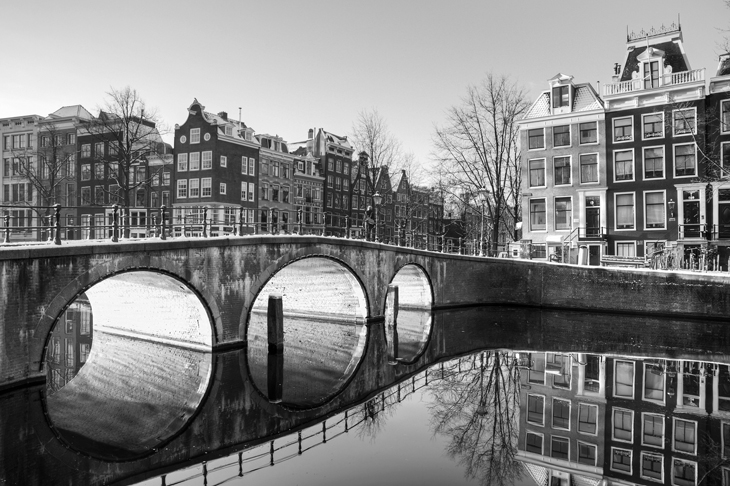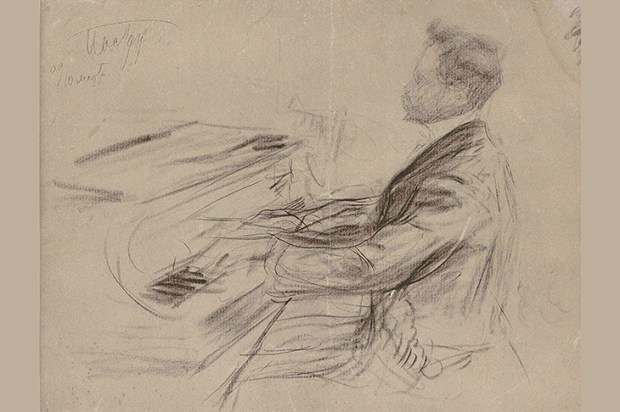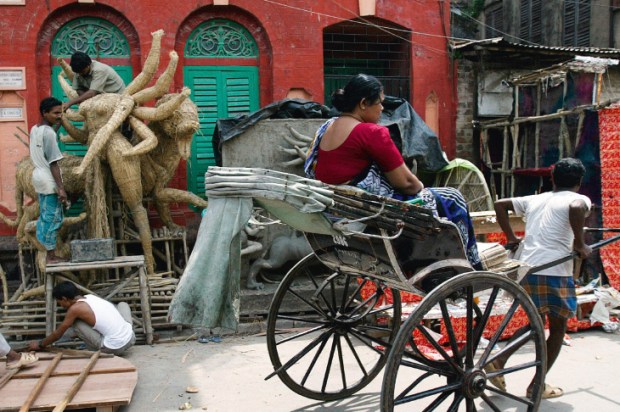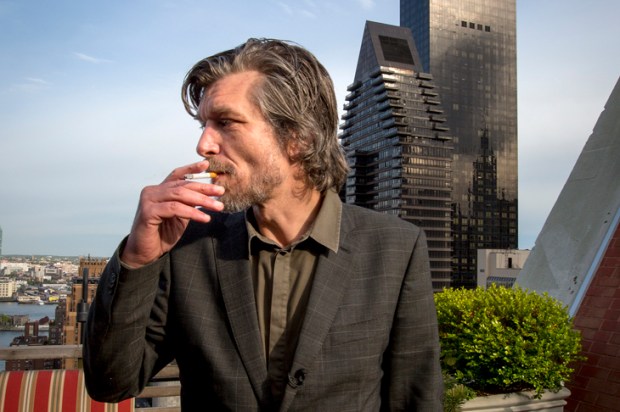He’s not what you’d call prolific, Bernard MacLaverty. Midwinter Break is his fifth novel in 40 years, and his first in 16. And, in that time, it could be argued that Irish writers have moved away from his bare and declarative style into the wildness of, say, a Barry or a Barrett or a Baume; word-typhoons, of an affinity with the febrile and fervid times. What cannot be doubted, though, is MacLaverty’s awareness of, and wide aliveness to, the world’s flux, its writhings in the decades since his first novel Lamb; in his latest, his deep familiarity with, and angry love for, the workings of the UK, and Europe, and the globe are displayed stark and clear, the stylistic precision of their expression becoming a haven from a hot and hyper-active mediated age.
Indeed, this is a book of hiatus and interlude and parenthesis, of airports and bathrooms and bars and hotel rooms and religious cloisters and museums; of thresholds and liminalities. Its setting is a holiday in Amsterdam in an icy January, taken by an ageing couple from Belfast by way of Glasgow: Stella, a Catholic with ‘a sense of drift’, and her husband Gerry, a retired architect and man of a million hidden whiskies. The vacation is a gift from her to him, but with a concealed motive. It is an exploration of love and the loss of love, of parenthood, and violence, and fanaticism, and the search for meaning and everything else and human, and it is, pretty much, a perfect piece of work.
It is paced flawlessly, is lapidary of structure, and is delivered with a purpose and clarity and control that can shut out the noise of the world, of your own heartbeat, even: one of those precious books that, when at last you look up from its pages, you need a moment of re-adjustment, of decompression, so immersive is it. The intensity of focus on the minutiae of life — the act of unwrapping a Lilliputian bar of hotel soap — draws you utterly in. The dialogue convinces completely; each utterance is an encyclopedia of inter-personal shared history. The blotting-paper effect of alcohol, and the damage of it, and the unkillability of memory behind it all, feeds the symbology in such a way that the accumulative effect is realised with the force of detonation. ‘A single thought could whizz her back through 60 years’, we are told of Stella; the reader travels with her.
This would not work so well were the observational details not so recognisably grounding; the case that Gerry pulls across the airport concourse that ‘rattled or purred according to the type of Lego pattern on the. . . flooring’. And the moments of fugue and reflection that I anticipated with genuine emotional hunger; there is an astonishing passage in which Gerry, in drink, thinks deeply about his wife, about what he knows she knows, and what she can do admirably and cannot do endearingly, which holds like a jewel all the familiarity and knowledge and ineffability of another that comes with a long relationship. It is breathtaking writing.
There is a moment of the ‘Eternal Now’ when the tense leaps into the present and Gerry will be forever crippled with cramp in the hotel bathroom, his bladder yelping for release. And this ageing couple, themselves survivors of horror, in Anne Frank’s house, where ‘the weight of sorrow grew with each room they passed through’. And Stella making her offering there, hunched in ‘the summoned intensity’ of prayer. And the mortifying mistake that results from that, which recalls Hardy in its depiction of a universe that mocks all human attempts at redemption and amelioration.
This is an achingly sad book, and essential in its sadness. It is illuminated with skill and application and labour and something very like love. At its close it recalled, for me, the words of the poet George Oppen, who, when asked his thoughts on getting old, said ‘it’s a strange thing to happen to a little boy’. Should MacLaverty’s next novel not appear for another 16 years I’ll be old myself; I’ll be back to being a little boy again.
Got something to add? Join the discussion and comment below.
Get 10 issues for just $10
Subscribe to The Spectator Australia today for the next 10 magazine issues, plus full online access, for just $10.
You might disagree with half of it, but you’ll enjoy reading all of it. Try your first month for free, then just $2 a week for the remainder of your first year.














Comments
Don't miss out
Join the conversation with other Spectator Australia readers. Subscribe to leave a comment.
SUBSCRIBEAlready a subscriber? Log in